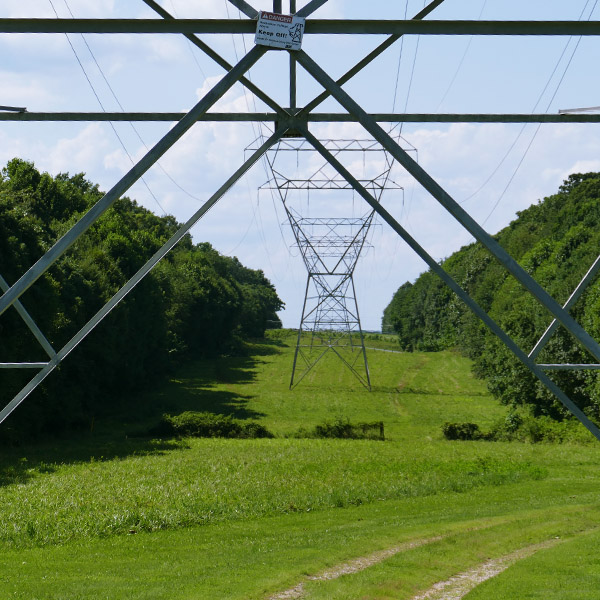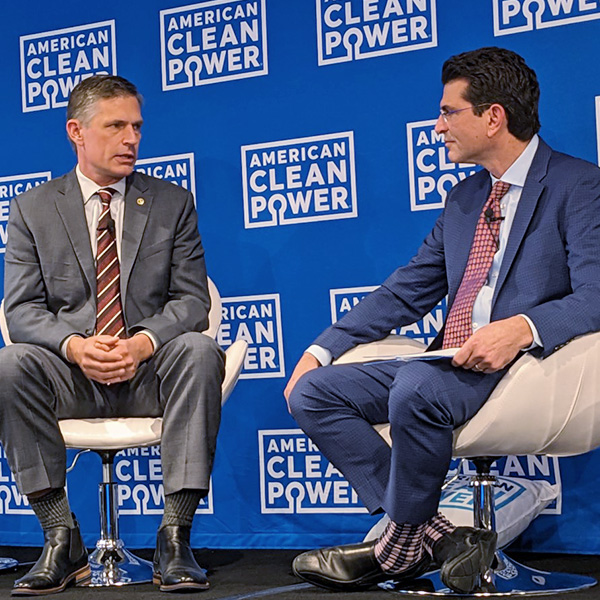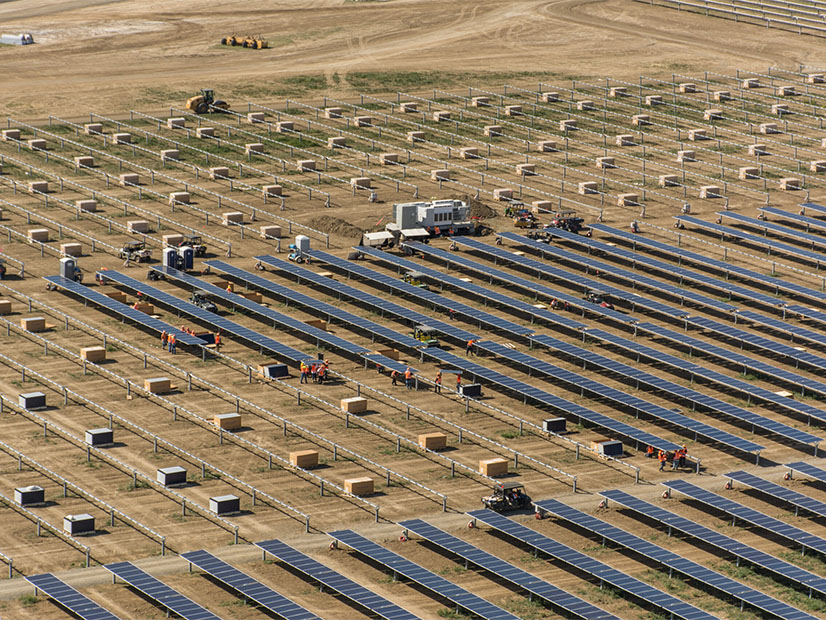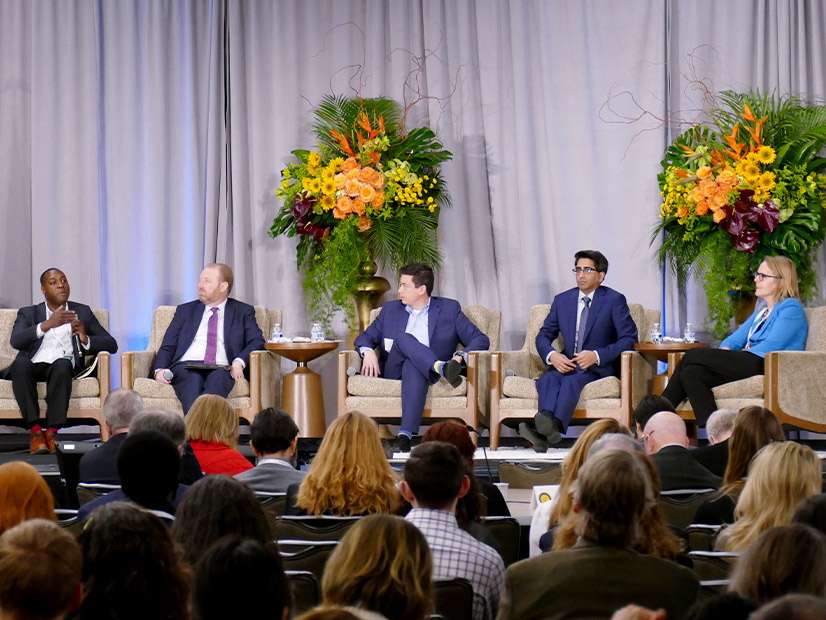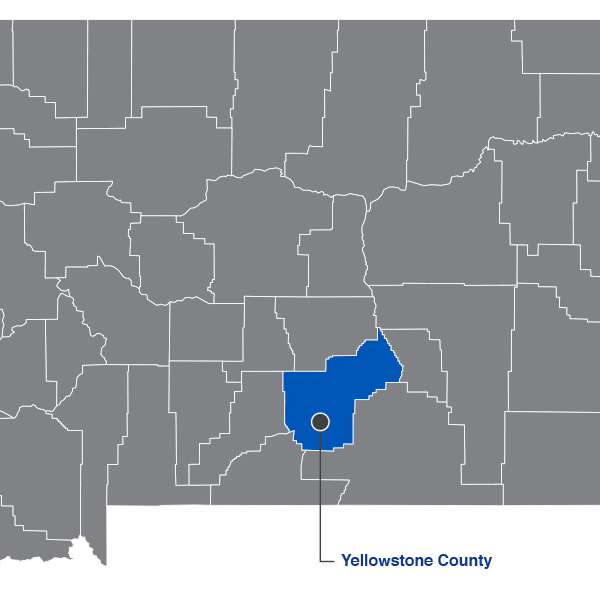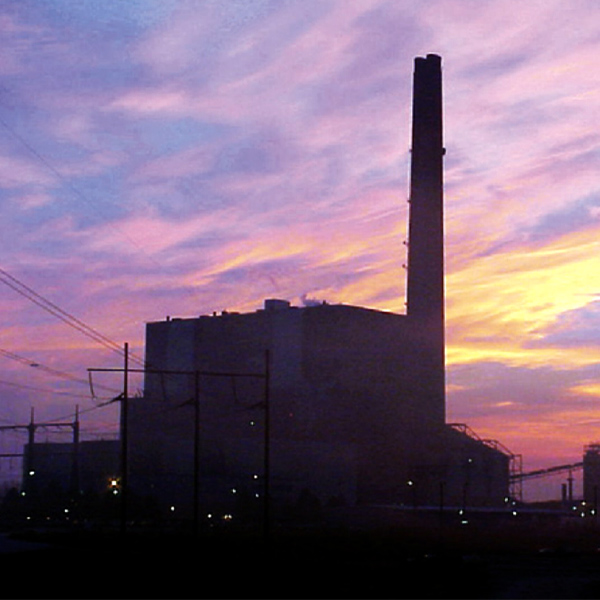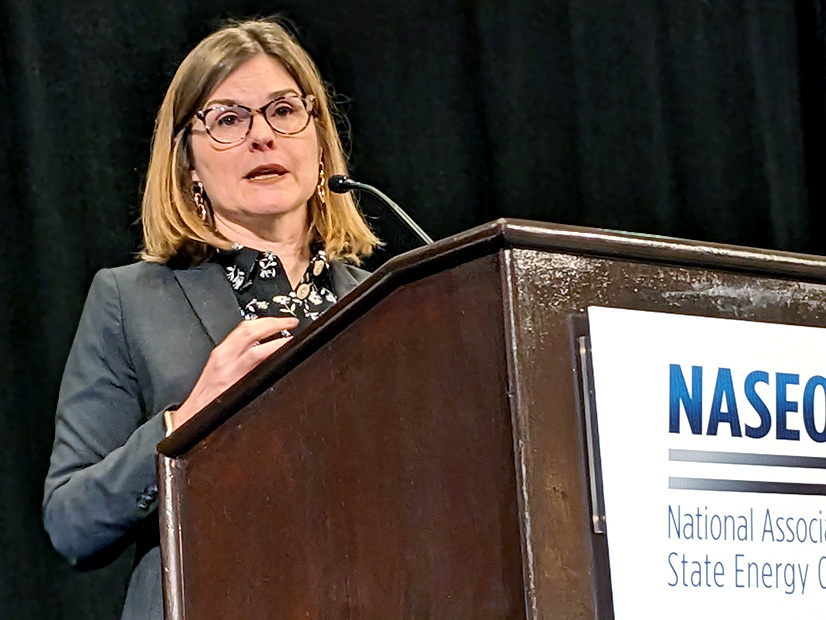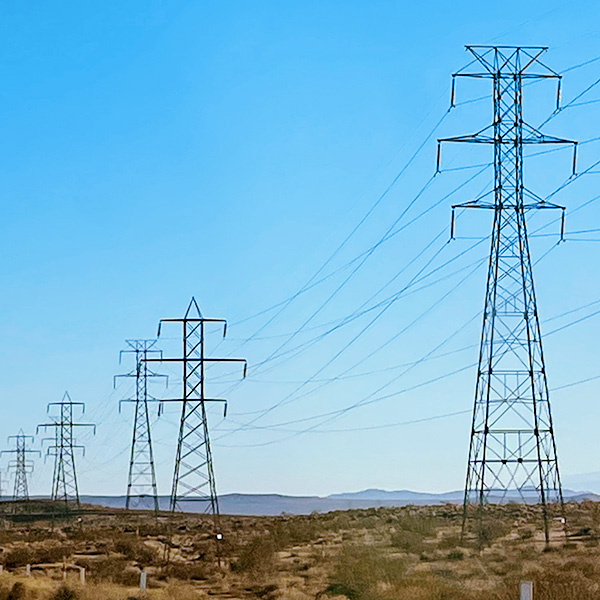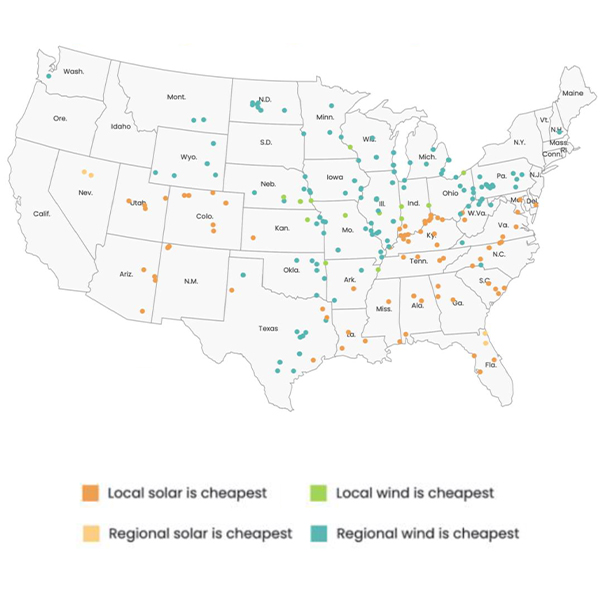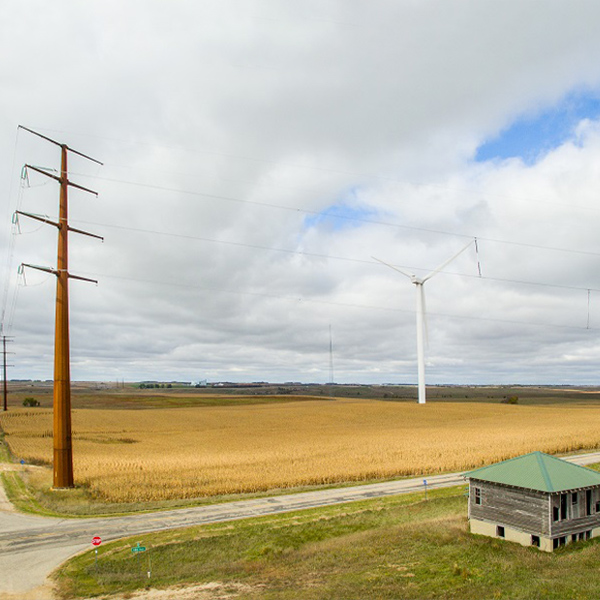FERC & Federal
The Federal Energy Regulatory Commission is an independent regulatory agency that oversees the transmission of electricity, natural gas and oil in interstate commerce, as well as regulating hydroelectric dams and natural gas facilities.
FERC accepted revisions to PJM’s tariff that the RTO proposed via its Quadrennial Review of the parameters underlying its Reliability Pricing Model auctions.
Legislation to streamline the permitting of clean energy projects, including new transmission, may require bipartisan tradeoffs, according to one senator.
FERC granted an Oklahoma solar project an extension of its commercial operation deadline while rejecting an Illinois wind project’s waiver request.
Electric transmission projects move too slowly, Maryland Public Service Commission Chairman Jason Stanek said at NARUC's Winter Policy Summit on Monday.
The D.C. Circuit upheld FERC's ruling certifying a Montana solar and storage project as a qualifying facility although it exceeded PURPA's 80-MW limit.
FERC ruled that MISO generation owners must now give a year’s advance notice to the grid operator before they can retire or suspend resources.
Stakeholders at NASEO's Winter Policy Summit debated whether energy offices should act as hubs for bringing stakeholders together and fostering collaboration.
FERC ordered show cause proceedings on PacifiCorp’s and NV Energy’s interconnection rules while approving changes to limit speculative projects in Nevada.
A new report found that nearly all coal plants studied “are more expensive to run than replacing their generation capacity with either new solar or wind.”
FERC approved Great River Energy’s request for transmission rate incentives for two MISO Multi-Value Projects it is working on.
Want more? Advanced Search
